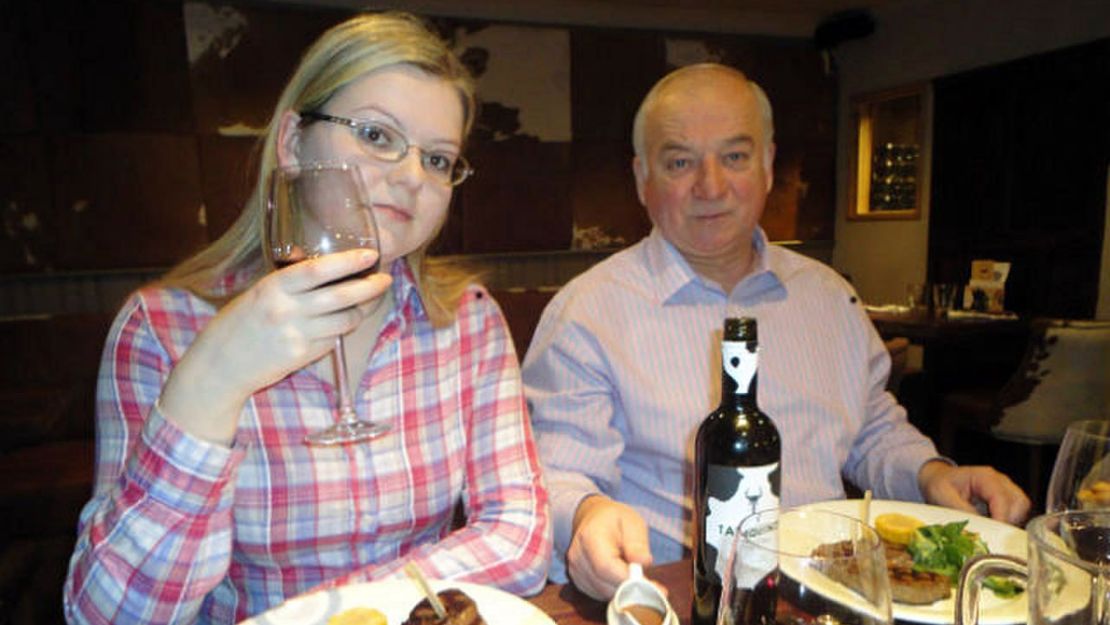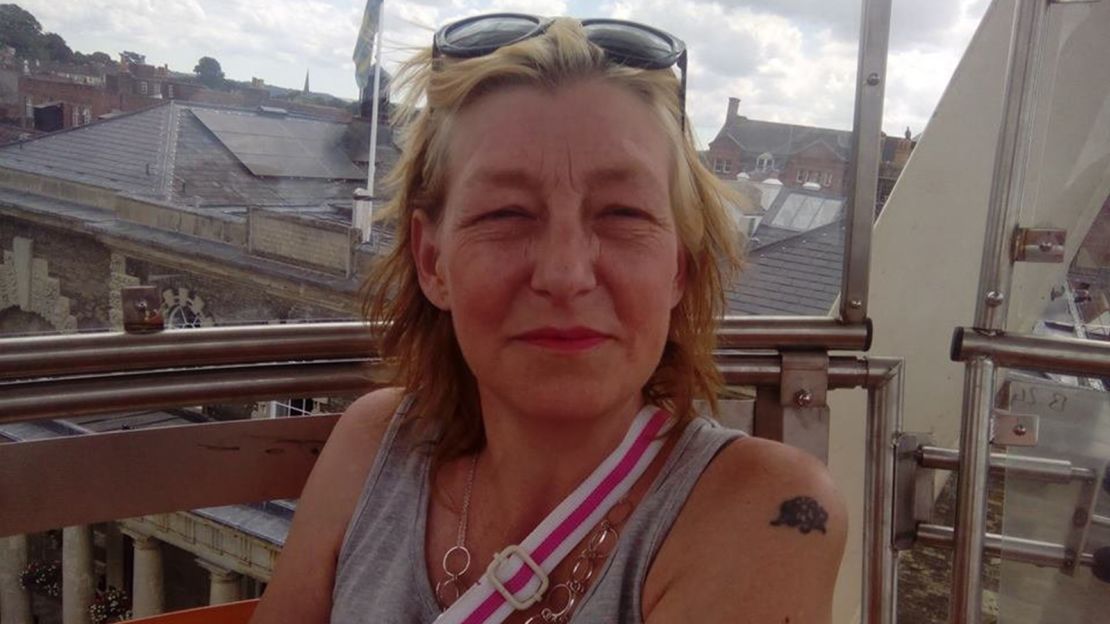Russia has declared it will reopen the closed city where Russian scientists say chemical weapons and nerve agents, including the Novichok substance used in the Salisbury chemical attack, were made.
According to UK officials, the nerve agent used in the attempted murder of ex-spy Sergei Skripal and his daughter Yulia in the English city of Salisbury in March was created at a facility in Shikhany, in the lower Saratov region of Russia.
Russia has a system of closed cities that can be traced back to the Cold War. They once included strategic ports and cities with military bases that were closed off to foreigners, such as Kaliningrad and Vladivostok. They also included sites involved in the development and testing of nuclear weaponry, much like the United States had closed cities in World War II during the Manhattan Project to develop the first atomic bomb.
Russia still has cities that are part of the nuclear weapons complex, or as in the case of Shikhany, were involved in other classified research and development programs. They are largely off-limits to foreigners and access is tightly restricted.
The chemical weapons research center in Shikhany, around 600 miles south of Moscow, was once the centerpiece of Soviet nerve agent development and the place where the British believe the chemical Novichok used to poison the Skripals was made.

Yulia Skripal was discharged from the hospital in April and her father was released a few weeks later.
The announcement by Moscow comes just over a week after the death of Briton Dawn Sturgess, who was exposed to Novichok earlier this month. A man, Charlie Rowley, was left in critical condition after coming into contact with the substance.
Sturgess and Rowley fell ill in the town of Amesbury in Wiltshire, about eight miles north of where the Skripals were poisoned.

Russia denies any involvement in the Skripals’ case. Russia’s United Nations Ambassador Vassily Nebenzia blasted the UK during a UN Security Council meeting in April, calling the allegations a “fake story.”
More than 20 countries, including the US, expelled Russian diplomats in a show of support for the UK.
On Thursday, UK police identified two suspects in the poisoning of the Skripals, according to a source with knowledge of the investigation.
The pair left the UK in the wake of the attack on what is believed to have been a commercial flight, the source added.
Back in April, UK national security adviser Mark Sedwill outlined Russia’s use of Novichok in a letter to NATO Secretary General Jens Stoltenberg.
He also identified a branch of the Russian research institute at Shikhany as being largely responsible for that work.
Novichok, which works by causing a slowing of the heart and restriction of the airways, is one of the world’s rarest nerve agents. Very few people outside Russia have experience with it.
It was developed in secret by the Soviet Union during the Cold War in the 1980s as a means of countering US defenses against chemical weapons, but was revealed to the world by former Soviet scientist and whistleblower Vil Mirzayanov.
Mirzayanov told CNN that Novichok is up to 10 times as potent as VX, the weapon used to kill North Korean leader Kim Jong Un’s half-brother, Kim Jong Nam, in 2017.
“A lethal dose … and the person will die immediately. If (the dosage) is less, (the person) will go through very tortuous scenes. They will start convulsions, and stop breathing and then lose vision, and there are other problems – vomiting, everything. It’s a terrible scene,” Mirzayanov said.
CNN’s Nathan Hodge reported from Moscow. James Masters wrote from London. Judith Vonberg in London and Darya Tarasova in Moscow contributed to this report.


